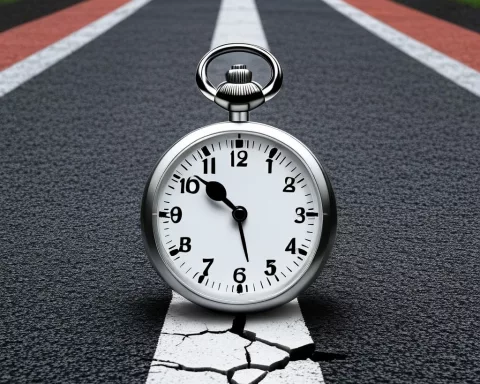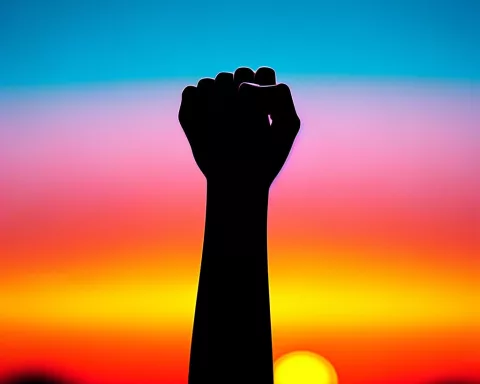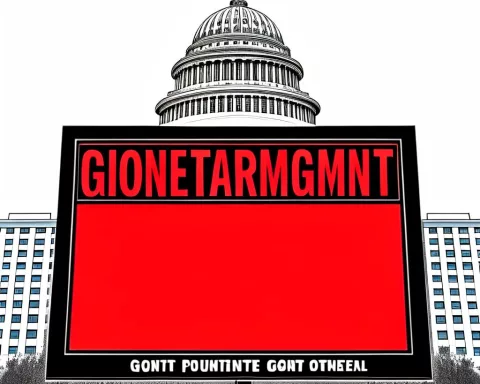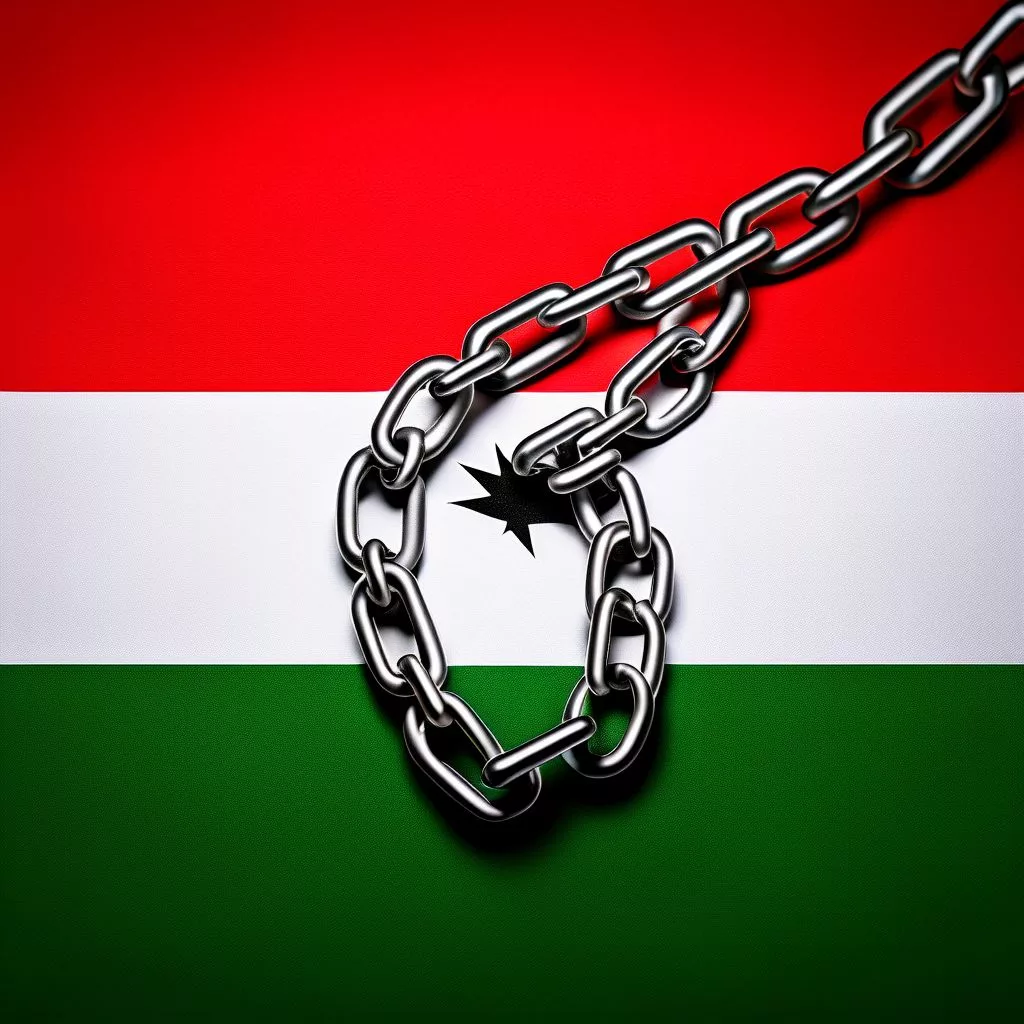On a bright Saturday, a vibrant crowd gathered at Sea Point Promenade to support the Palestinian cause. Activists from different backgrounds united, waving flags and chanting powerful slogans like “Gaza don’t you cry, Palestine will never die.” They demanded justice and called for actions like boycotts against Israel, echoing past struggles for equality. Reverend Frank Chikane passionately spoke about the urgent needs of the Palestinian people, urging everyone to remember the fight for human rights. This rally reflected a strong spirit of solidarity, showing that together, voices can spark change and challenge injustice.
What was the purpose of the rally at Sea Point Promenade for Palestine?
The rally at Sea Point Promenade aimed to advocate for the Palestinian cause, uniting diverse activists and organizations. Participants called for justice, raised awareness about Palestinian struggles, and demanded sanctions against Israel, showcasing solidarity reminiscent of historical movements for equality and human rights.
Gathering for Justice
On a radiant Saturday morning, a diverse group of activists and supporters assembled along the iconic Sea Point Promenade. Their purpose was clear and unified: to advocate for the Palestinian cause, transcending borders and political affiliations. The rally, organized by the Palestine Solidarity Campaign (PSC), brought together various organizations such as the Housing Assembly, Gift of the Givers, Equal Education, Women on Farms, Reclaim the City, and the trade union COSATU. The event also saw the participation of political figures from parties including the ANC, EFF, PAC, and GOOD, all demanding justice and recognition for Palestine.
The atmosphere buzzed with energy as Palestinian flags waved in the air, accompanied by chants that resonated through the coastal breeze: “One solution, revolution” and “Gaza don’t you cry, Palestine will never die.” These powerful slogans captured the day’s spirit and reflected the enduring struggle faced by the Palestinian people. Placards displaying messages like “Red card to apartheid Israel” and “Zionism is Racism” highlighted the rally’s core message, echoing historical themes of resistance and solidarity.
Reverend Frank Chikane, a notable anti-apartheid activist, addressed the crowd with passion and intensity. He criticized US President Donald Trump’s controversial ideas about transforming Gaza, calling attention to the moral and legal implications under the 1948 Genocide Convention. Chikane’s speech drew parallels to historical battles against displacement and marginalization, urging the audience to remember the wider fight for human rights and dignity.
Calls for Action and Criticism
In their public statement, the PSC strongly opposed Trump’s vision of turning Gaza into an international resort under US control. They highlighted the pressing needs of the Gazan people, emphasizing the importance of rebuilding homes and lives shattered by conflict rather than superficial transformations for the wealthy. The statement also pointed out the rising violence in the West Bank, painting a grim portrait of the current socio-political climate.
The PSC’s demands were clear and uncompromising. They called for sanctions, divestments, and boycotts against Israel, drawing inspiration from historical tactics used during the anti-apartheid movement. The group also demanded the prosecution of South African citizens serving in the Israeli armed forces and the expulsion of the Israeli ambassador. The urgency to pass the “Apartheid Convention Bill” into law was evident, reflecting a broader plea for legislative action against perceived injustices.
In contrast, the South African Zionist Federation (SAZF) expressed dissatisfaction with the government’s stance. They criticized the continuation of an International Court of Justice (ICJ) case against Israel, arguing that it no longer represents the will of all South Africans. The SAZF cautioned about potential diplomatic and economic consequences, highlighting the complex dynamics of international relations and national interests.
The Cycle of Conflict and Hope
In a development that underscored the region’s volatility, Al Jazeera reported the release of six Israeli captives in Gaza in exchange for 602 Palestinians imprisoned by Israel. This exchange, following a ceasefire agreement, symbolizes both the possibility of peace and the persistent reality of conflict. The stark numbers reflect the human cost and the cyclical nature of retribution and reconciliation in this protracted struggle.
The gathering at Sea Point Promenade represents a microcosm of global movements for justice. The rally’s diverse support base signifies the interconnectedness of struggles for equality, reminiscent of historical movements that have shaped society. It stands as a testament to the enduring power of solidarity, where voices unite to demand change, challenge entrenched systems, and advocate for a future rooted in justice.
Art and history often capture the spirit of resistance and the pursuit of justice. Much like impressionist movements that sought to portray fleeting moments, this rally recorded a powerful expression of collective will. The chants and placards, though transient, hold significant impact, akin to the brushstrokes of artists who dared to challenge conventional narratives and depict the raw truths of their time.
Historical Echoes and Future Pathways
In this gathering, the echoes of past movements—whether the anti-apartheid struggle or the civil rights movements—resonate strongly. The symbolism of flags, the rhetoric of revolution, and the call for divestment evoke memories of strategies used by marginalized groups to reclaim agency and demand justice. These historical parallels offer both a lens to comprehend the present and a blueprint for future activism.
The challenges facing the Palestinian cause remain significant, but the rally on Sea Point Promenade underscores a timeless truth: the quest for justice is relentless, and the spirit of solidarity endures despite adversity. As history has shown, the collective will of the people can reshape narratives, challenge power structures, and pave the way for transformative change. Through unity and determination, movements like these hold the potential to alter the course of history and establish a more equitable world.
FAQ: Voices for Palestine at Sea Point Promenade
What was the purpose of the rally at Sea Point Promenade for Palestine?
The rally aimed to advocate for the Palestinian cause, uniting diverse activists and organizations to call for justice, raise awareness about Palestinian struggles, and demand sanctions against Israel. It showcased solidarity reminiscent of historical movements for equality and human rights.
Who organized the rally and which organizations participated?
The rally was organized by the Palestine Solidarity Campaign (PSC) and featured participation from various organizations, including the Housing Assembly, Gift of the Givers, Equal Education, Women on Farms, Reclaim the City, and the trade union COSATU. Political figures from the ANC, EFF, PAC, and GOOD also joined the movement.
What key messages were communicated during the rally?
Participants chanted powerful slogans such as “Gaza don’t you cry, Palestine will never die” and displayed placards with messages like “Red card to apartheid Israel” and “Zionism is Racism.” These conveyed the urgency of the Palestinian struggle and called for international action against perceived injustices.
What were Reverend Frank Chikane’s main points in his speech?
Reverend Frank Chikane criticized US actions regarding Gaza and urged the audience to remember the fight for human rights and dignity. He drew parallels to historical struggles against displacement and emphasized the moral implications of contemporary political decisions.
What actions did the Palestine Solidarity Campaign demand?
The PSC called for sanctions, divestments, and boycotts against Israel, inspired by tactics used during the anti-apartheid movement. They also demanded the prosecution of South African citizens serving in the Israeli armed forces and the expulsion of the Israeli ambassador, as well as the urgent passage of the “Apartheid Convention Bill.”
How does the rally reflect broader movements for justice?
The gathering at Sea Point Promenade symbolizes the interconnectedness of global struggles for equality, echoing historical movements such as the anti-apartheid struggle. It represents the enduring power of solidarity, where diverse voices unite to challenge injustice and advocate for a future rooted in justice.












